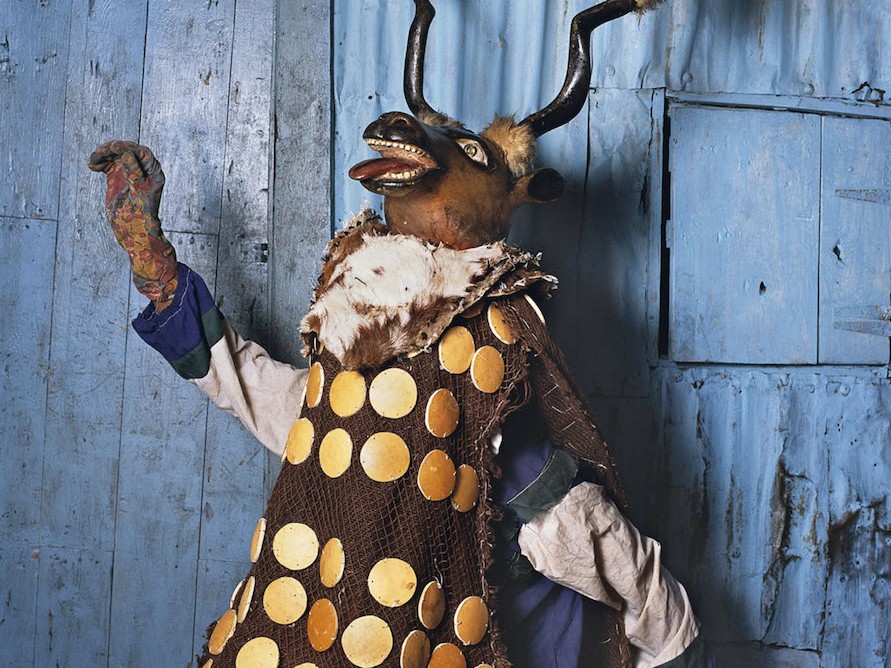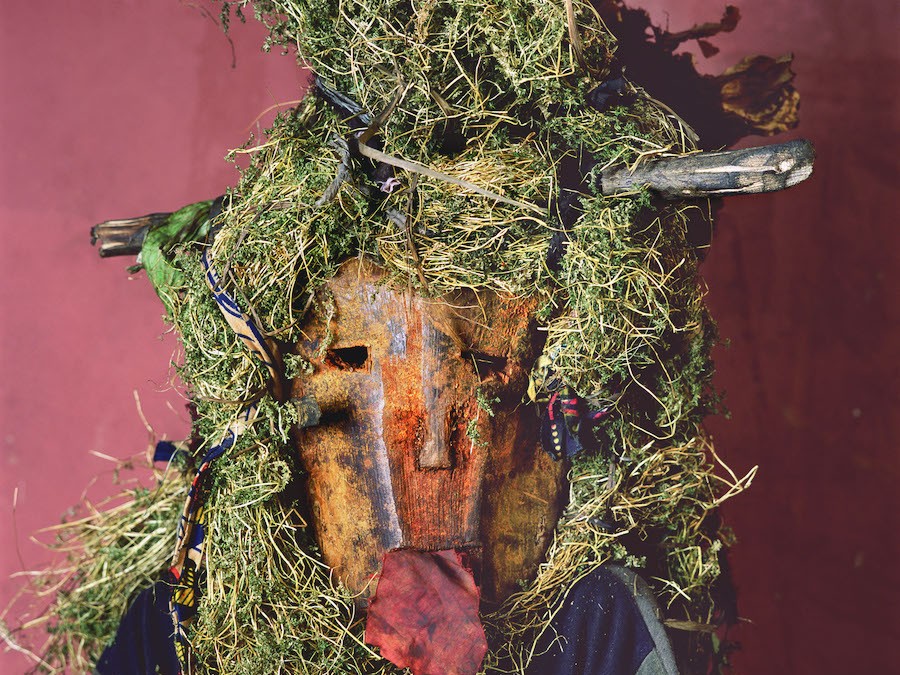Share this!
A Guide to Xhosa Culture, Traditions and Cuisine
As a wannabe traveller to South Africa, you will be curious about the indigenous tribes and people of South Africa. A great introduction to the Xhosa culture is the famous South African national anthem, Nkosi Sikele’ iAfrika (God Bless Africa). It is the work of a Xhosa school teacher way back in 1897! The Xhosa people are well known for their skills of Western choir singing, introduced by the missionaries, and this is perhaps the finest contribution.
Who are the Xhosas?
The Xhosa are a Bantu ethnic group of Southern Africa, second only to the Zulu people. Although the roots of the Xhosa people can be traced to various tribes with a distinct heritage, the etymology of the name “Xhosa” is derived from a legendary Kin called uXhosa. These are the people of the land who have inhabited southern Africa for centuries. You will come across the Xhosa community across South Africa, with pockets of concentration in the south-eastern parts of the country, including Port Elizabeth, East London, and the Wild Coast area; as well in Cape Town in the Western Cape Province.
Culture of the Xhosa people
The Xhosa people speak their own Bantu language, isiXhosa, which bears traces of similarity with the dialect of the Zulus and Swazis. The language is rich in verbosity and expressions, with proverbs and verses in popular use. This is reflected in their naming system. So you can expect to come across names that reveal either the the social standing of the person or the way she is regarded in the community, like Nomsa (mother of kindness).
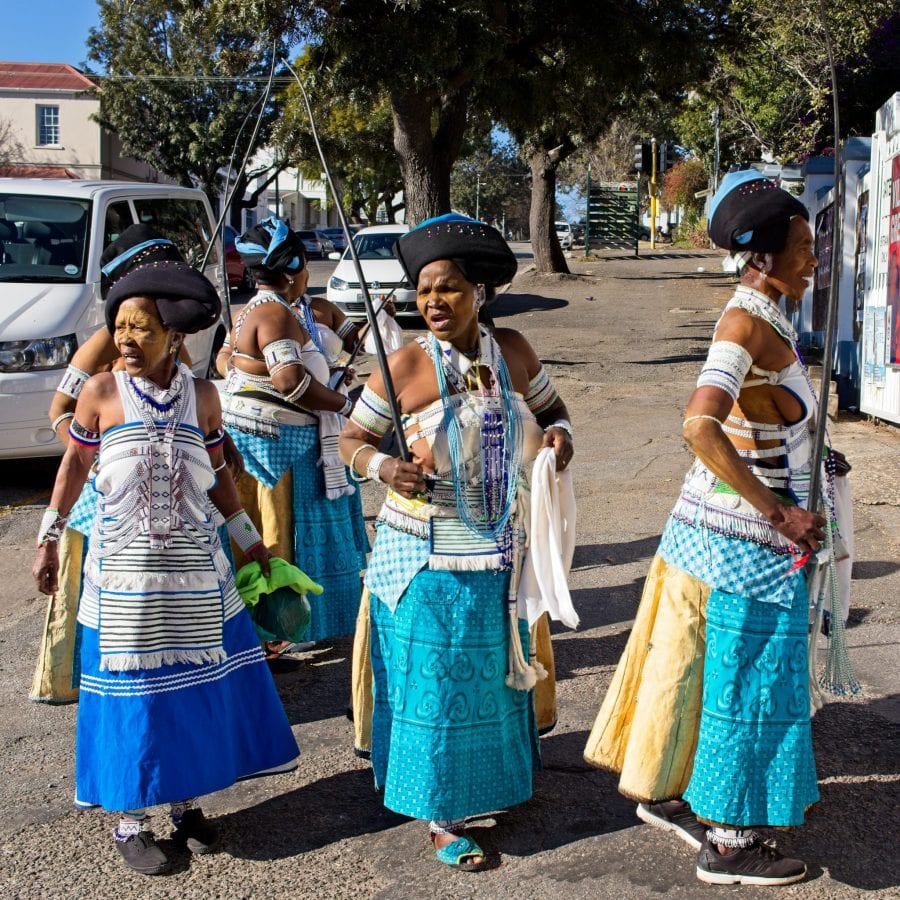
Even though the Xhosa literature was established in early nineteenth century, the tradition of oral history is very strong. Folklore meshes with historical accounts, and stories of animal characters or legends of tribal warriors are recounted in dramatic ways. The Xhosa tradition of conveying historical events through folklore and songs, has kept the cultural fabric strong and thriving.
Xhosas owe their religious allegiance to the ‘Supreme Being’ whom they call uThixooruQamata. With the aggressive evangelism of Christian missionaries, much of the native traditions and cultural beliefs are no more. However, they still stick to their rites of passage rituals even while practicing Christianity. They have also retained the rich cultural values associated with any indigenous community that holds nature in great regard. Respect for elders, hospitality and community spirit are an important part of the culture. The traditional system is patriarchal with the men considered as the bread-earners and protectors of the family. This is mirrored in their everyday practices where food habits and cultural events portray the importance of male members in the societal hierarchy. Do not be surprised to see the good meat portions being served to the young virile males exclusively! Dances and rituals capture this male role, while the dance movements by women emphasize their traditional role of the hearth. The attire of the men, particularly the beadwork and cloth used, portray the role of the man in the community.
Xhosa traditions – an integral fabric of the Xhosa society
While the Xhosa people practice Christianity, they continue with their age-old rituals like the of ‘coming of age’ celebrations, as well as traditional associated with weddings and funerals.
Their rites of passage traditions play a significant role in their society. It begins with rituals associated with birth, coming of age or initiation into adulthood, betrothal, marriage and death. Every stage of life or life-altering event is marked with specific rituals where songs, dances, sacrificial feasts, isolation, attire and food restriction form part of the traditions.
Dances and food are a Xhosa way of connecting with the dead and paying homage to their spirits. Sacrificial offerings of goats, food offerings to the spirits of the departed, and dances with specific symbolism, are an important part of Xhosa traditions.
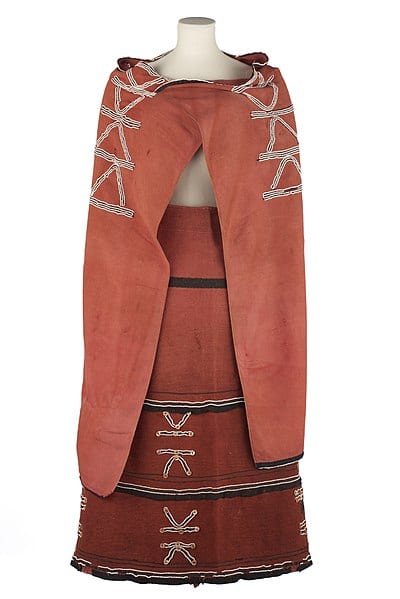
Like most other indigenous tribes across Africa, the Xhosa people are also known for their colorful traditional crafts like the beadwork, weaving, woodwork and pottery. Beads are usually made up of natural material, like wood, metal, nutshell, and bone seed; although one finds the use of glass has crept into the Xhosa bead-making.
Heavy skirts of various designs and lengths are integral to the Xhosa handmade textile tradition, embellished with beadwork and in colors that testify cultural symbolism.
Cuisine
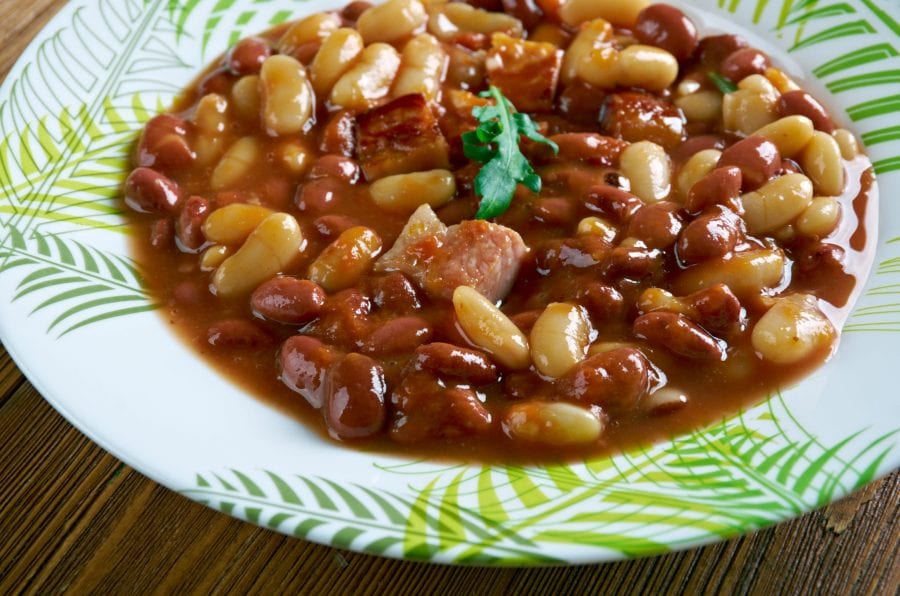
Xhosa cuisine is one of the best indigenous cuisines of South Africa, with red and white meats, greens, maize and grains forming part of the daily food. Meat eating is associated with rituals that reflect the patriarchal traditions. The liver is reserved for young men, and the Inguba for the elderly men. Traditional meat dishes include the Inyama yenkomo beef dish, the Inyama yegusha mutton dish, and Inyama yebhokwe of goat meat.
Xhosa cuisine cannot be touched upon without the mention of the Mieliepap, a maize meal that forms part of the staple diet. When mixed with sugar beans and animal fat, it takes the forms of the popular maize dish umngqusho, which tastes much like the Italian risotto. This dish has also found its way into the kitchens of other cultures in South Africa.
Most Xhosas like their soup, and you can find a good range including the isopho corn soup, umpoqhoko maize porridge and soured milk porridge, the Umvubo. Leafy concoctions include the Imithwane made from pumpkin leaf, the ilaxa, and the rhabe wild spinach dish. Wild plants too are a part of Xhosa food, like the heathy imvomvois an aloe dish, and the Ikhowa made from mushrooms. Other vegetables commonly used are beetroot, potatoes, beans and cabbage.
If you are lucky to be invited into a Xhosa home, you can expect the umngqusho and other Xhosa delicacies. However, if you do not want to miss it, try the Gramadoelas in Johannesburg for a taste of genuine Xhosa dish.


